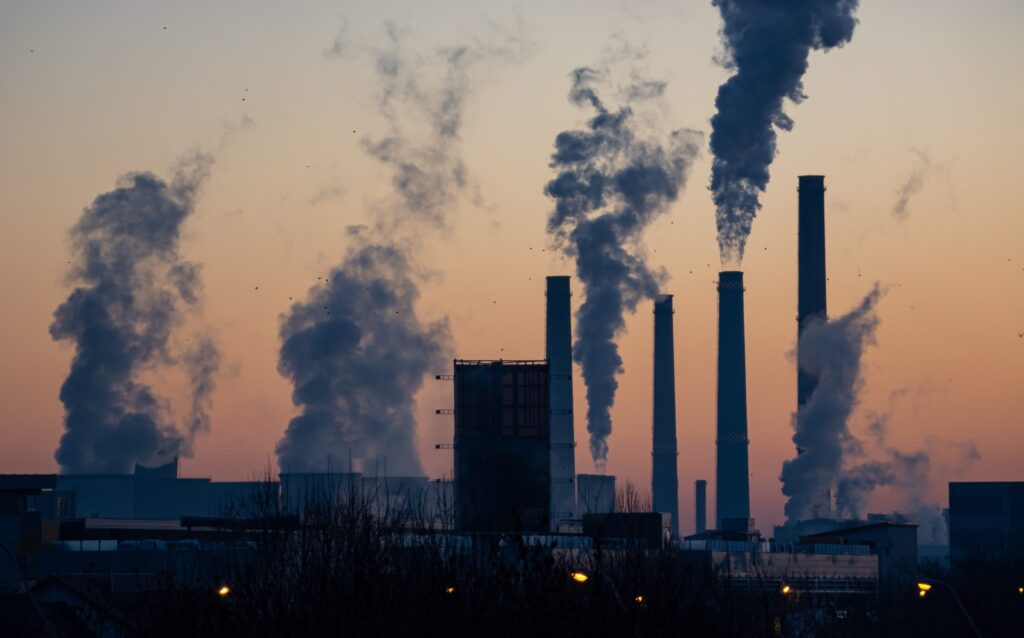A group of independent experts appointed by the UN Council on Human Rights has issued a report saying environmental racism in Lousiana’s Cancer Alley must end.
The report notes that what is now called Cancer Alley, an 80-100 mile stretch of the Mississippi River from Baton Rouge to New Orleans, was originally an area called Plantation Country which enslaved people of African descent to work the fields.
In recent times many petrochemical facilities have opened in the area, and they disproportionately harm communities with more African-Americans. Even within Cancer Alley, predominantly white communities do not have as many facilities as communities of color.
The report notes that 3 new facilities, a large plastics facility and 2 methanol complexes, would further exacerbate existing injustice and add even more harm to communities of color. They would also possibly violate cultural rights by potentially destroying 4 ancestral burial grounds.
The experts issued a statement: “We call on the United States and St. James Parish to recognize and pay reparations for the centuries of harm to Afro-descendants rooted in slavery and colonialism.”
In addition to the direct threat to immediate neighbors, opening new petrochemical plants will contribute more greenhouse gases and exacerbate the climate crisis, which is already causing disproportionate harm to communities of color.
To read the UN statement about the report, click here.
To read a news article from Huff Post about the report, click here.
03/03/2021





